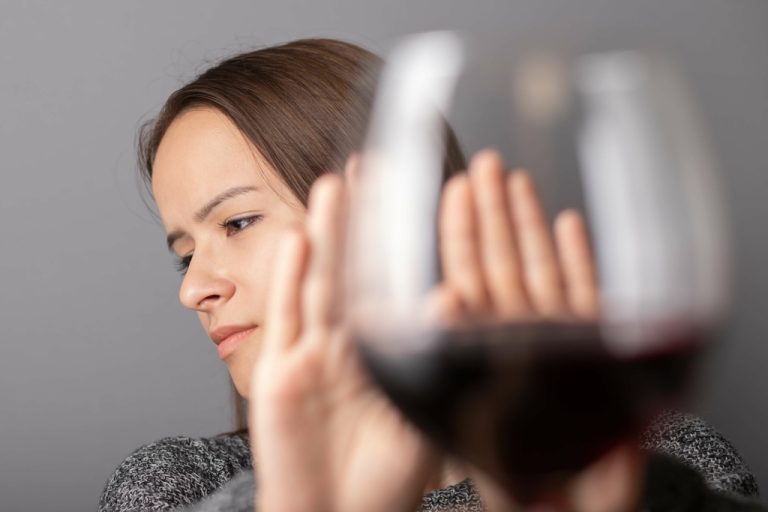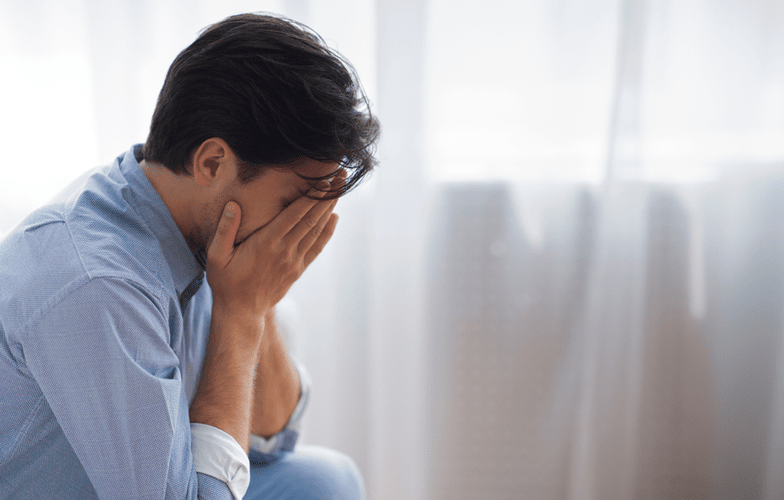To better understand the term, it’s important to look at how much alcohol is moderate on a practical level. For most people, moderate drinking means enjoying a single glass of wine with dinner or having a couple of beers during a weekend get-together. What is key here is keeping your consumption within the daily and weekly limits set by health organizations like the CDC and WHO. Binge drinking, which involves consuming a large amount of alcohol within a short period, can lead to rapid and intense intoxication. This pattern of excessive alcohol consumption can disrupt the brain’s reward system and reinforce the pleasurable effects of alcohol. Over time, repeated episodes of binge drinking can lead to changes in the brain that increase the risk of developing an addiction.
How to Drink in Moderation
Drinking alcohol is a little bit like the relief we get at the end of the day from taking off a really tight and uncomfortable pair of shoes, only to put them on again. Here are my top 10 things that you need to do to moderate how much alcohol you drink, and ‘control’ your alcohol consumption. An Italian review of studies published in the European Journal of Epidemiology found that moderate wine and beer consumption reduced the risk of cardiovascular events, but spirits did not. My book Take Control of Your Drinking (2nd ed, 2021) helps the reader decide whether to try to moderate drinking or instead strive for abstinence. The book lays out specific strategies for success, whichever path is decided on.
About Moderate Alcohol Use

Connect with an expert coach, get your medication consult referral, and access our private community with tools and support to start your moderate drinking journey. Finally maybe you want to work one-to-one with me I am offering new clients a 30 day alcohol moderation plan so they can become the healthiest, happiest and most productive version of themselves in just 30 days. The term ‘alcoholic’ is not a clinical term, in fact I was a word used since the middle 1800’s to denote a person who is experiencing alcohol issues.
The Office of Disease Prevention and Health Promotion (ODPHP) cannot attest to the accuracy of a non-federal website.

A month-long guided break from alcohol, complete with daily tips, tools, and insights to help you discover the mental, physical, and emotional perks of going alcohol-free. Dr. Arnold Washton is licensed to practice in New York, New Jersey, and Florida. Dr. Loraine Washton how to drink moderately is licensed to practice in New York and New Jersey.
Tip 1 – Limit the amount of alcohol you drink on any one occasion
In one national study conducted in the US, it was found that nearly a third of adults had engaged in excessive drinking during the previous month. The relatively good news was that, among those people, only 10 per cent were found to have alcohol dependence (a more severe form of an alcohol use disorder). Based upon these findings, researchers suggested that the other 90 per cent might be able to modify their pattern of excessive drinking without the need for specialised treatment. In the opening examples, neither person could consistently predict how much they would drink – and, in Alex’s case, it wasn’t always clear what would happen when he drank.
- Abstinence is not the only solution for recovering from alcohol use disorders, but it is one of the most studied and successful methods for recovering from alcohol use disorders.
- You will need be prepared to constantly swim against the tide of addiction.
Reach Out for More Support
- In 2015, 26.9 percent of people in the United States reported binge drinking in the past month.
- Additionally, if most everyone in a situation is freely drinking, that can encourage you to do the same.
- The only treatments that work are the ones that our clients can truly embrace and put to good use with optimism about making positive changes.
- In 2019, he founded the video blog “A String Of Hope,” a platform that has become a beacon of inspiration and positive change for individuals seeking recovery, reaching millions worldwide.
You can make the choice in this moment to rethink your relationship with alcohol and begin to drink more responsibly and mindfully moving forward. Use the present moment as an opportunity to begin to act differently. One of the best ways to manage triggers is to have low- or non-alcoholic drinks on hand.
It’s also a good idea to have some days drug addiction when you don’t drink at all. If drinking causes problems in your life, you may have alcohol use disorder (sometimes called alcoholism). Remember that drinking even a moderate amount of alcohol can have health risks.

Our approach is distinctly client-centered, not program-centered. The only treatments that work are the ones that our clients can truly embrace and put to good use with optimism about making positive changes. Humphreys noted that alcohol is, in essence, a drug, and people should take that into consideration when deciding how much to drink. Regardless, as a general rule of thumb for alcohol intake, less is generally better. “I would advise people to drink as little as possible and preferably not at all,” said Chen.

 £
2,500
£
2,500


 £
6,500
£
6,500
 £
12,500
£
12,500